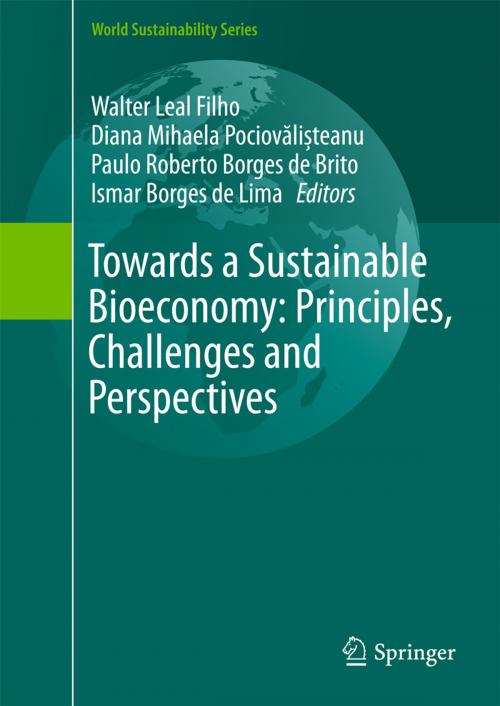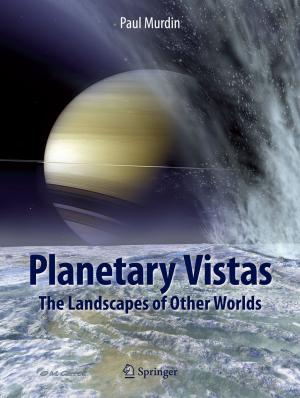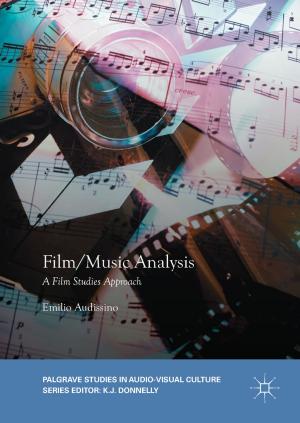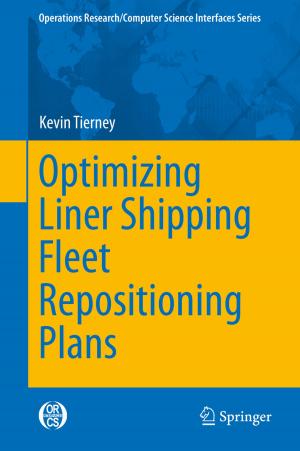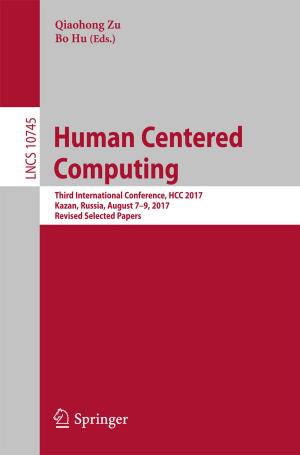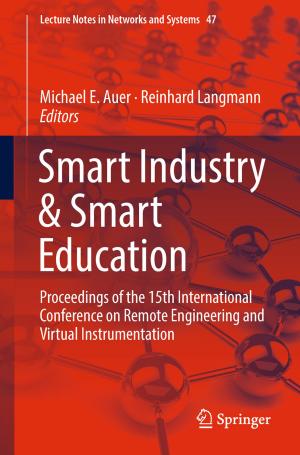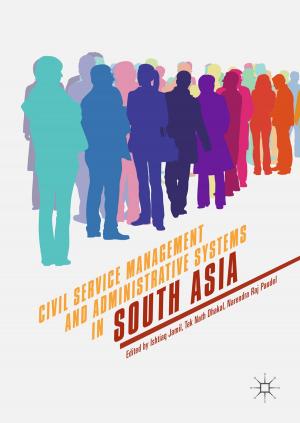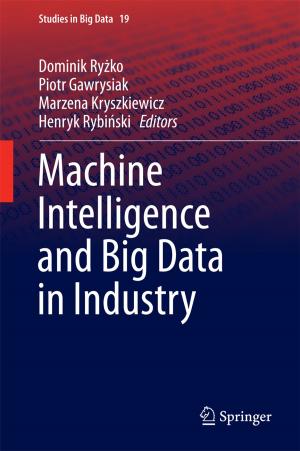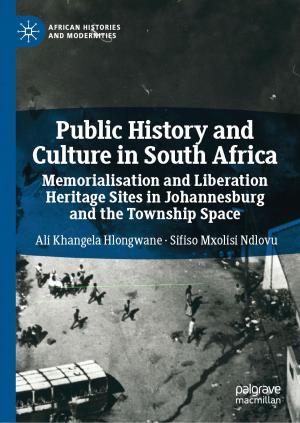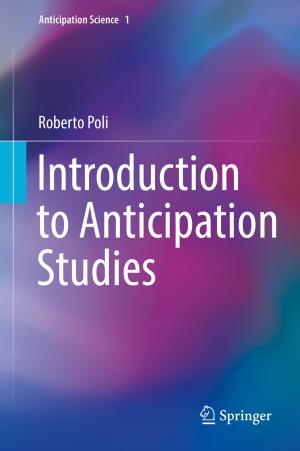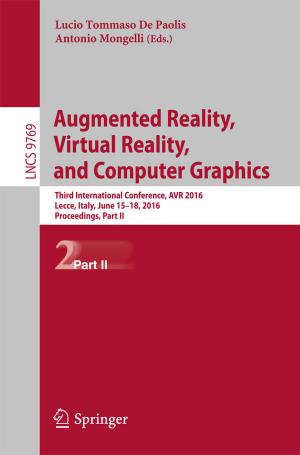Towards a Sustainable Bioeconomy: Principles, Challenges and Perspectives
Nonfiction, Science & Nature, Science, Biological Sciences, Environmental Science, Business & Finance, Economics, Nature| Author: | ISBN: | 9783319730288 | |
| Publisher: | Springer International Publishing | Publication: | January 19, 2018 |
| Imprint: | Springer | Language: | English |
| Author: | |
| ISBN: | 9783319730288 |
| Publisher: | Springer International Publishing |
| Publication: | January 19, 2018 |
| Imprint: | Springer |
| Language: | English |
This book gathers contributions from scientists and industry representatives on achieving a sustainable bioeconomy. It also covers the social sciences, economics, business, education and the environmental sciences. There is an urgent need to optimise and maximise the use of biological resources, so that primary production and processing systems can generate more food, fibre and other bio-based products with less environmental impacts and lower greenhouse gas emissions. In other words, we need a “sustainable bioeconomy” – a term that encompasses the sustainable production of renewable resources from land, fisheries and aquaculture environments and their conversion into food, feed, fibre bio-based products and bio-energy, as well as related public goods.
Despite the relevance of achieving a sustainable bioeconomy, there are very few publications in this field. Addressing that gap, this book illustrates how biological resources and ecosystems could be used in a more sustainable, efficient and integrated manner – in other words, how the principles of sustainable bioeconomy can be implemented in practice.
Given its interdisciplinary nature, the field of sustainable bioeconomy offers a unique opportunity to address complex and interconnected challenges, while also promoting economic growth. It helps countries and societies to make a transition and to use resources more efficiently, and shows how to rely less on biological resources to satisfy industry demands and consumer needs.
The papers are innovative, cross-cutting and include many practice-based lessons learned, some of which are reproducible elsewhere. In closing, the book, prepared by the Inter-University Sustainable Development Research Programme (IUSDRP) and the World Sustainable Development Research and Transfer Centre (WSD-RTC), reiterates the need to promote a sustainable bioeconomy today.
This book gathers contributions from scientists and industry representatives on achieving a sustainable bioeconomy. It also covers the social sciences, economics, business, education and the environmental sciences. There is an urgent need to optimise and maximise the use of biological resources, so that primary production and processing systems can generate more food, fibre and other bio-based products with less environmental impacts and lower greenhouse gas emissions. In other words, we need a “sustainable bioeconomy” – a term that encompasses the sustainable production of renewable resources from land, fisheries and aquaculture environments and their conversion into food, feed, fibre bio-based products and bio-energy, as well as related public goods.
Despite the relevance of achieving a sustainable bioeconomy, there are very few publications in this field. Addressing that gap, this book illustrates how biological resources and ecosystems could be used in a more sustainable, efficient and integrated manner – in other words, how the principles of sustainable bioeconomy can be implemented in practice.
Given its interdisciplinary nature, the field of sustainable bioeconomy offers a unique opportunity to address complex and interconnected challenges, while also promoting economic growth. It helps countries and societies to make a transition and to use resources more efficiently, and shows how to rely less on biological resources to satisfy industry demands and consumer needs.
The papers are innovative, cross-cutting and include many practice-based lessons learned, some of which are reproducible elsewhere. In closing, the book, prepared by the Inter-University Sustainable Development Research Programme (IUSDRP) and the World Sustainable Development Research and Transfer Centre (WSD-RTC), reiterates the need to promote a sustainable bioeconomy today.
